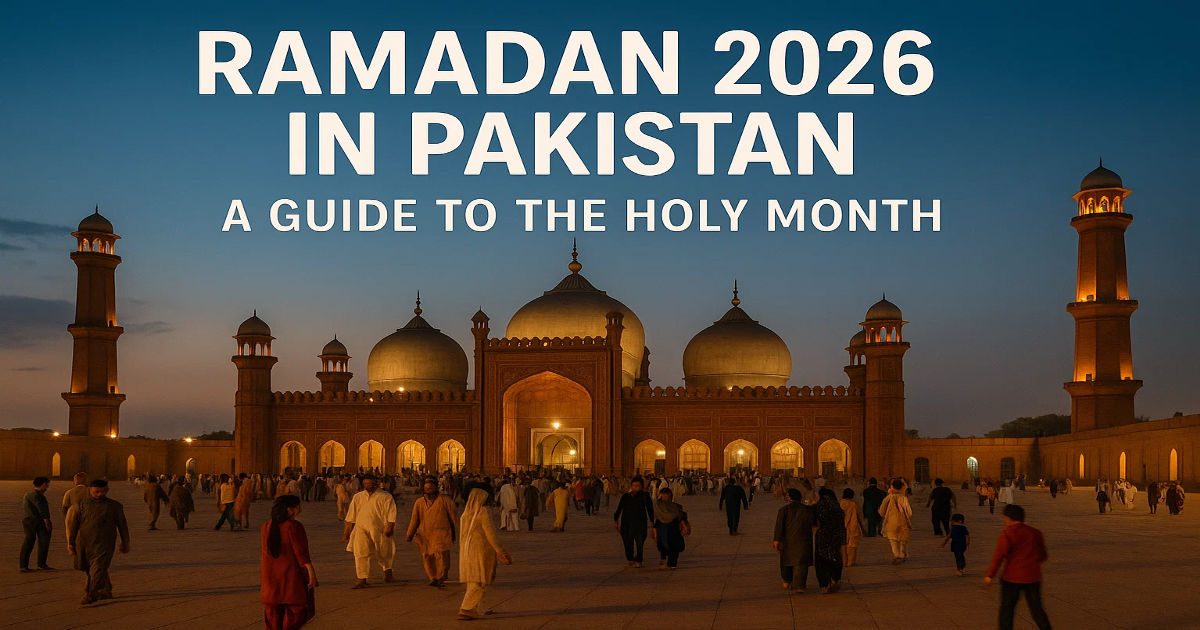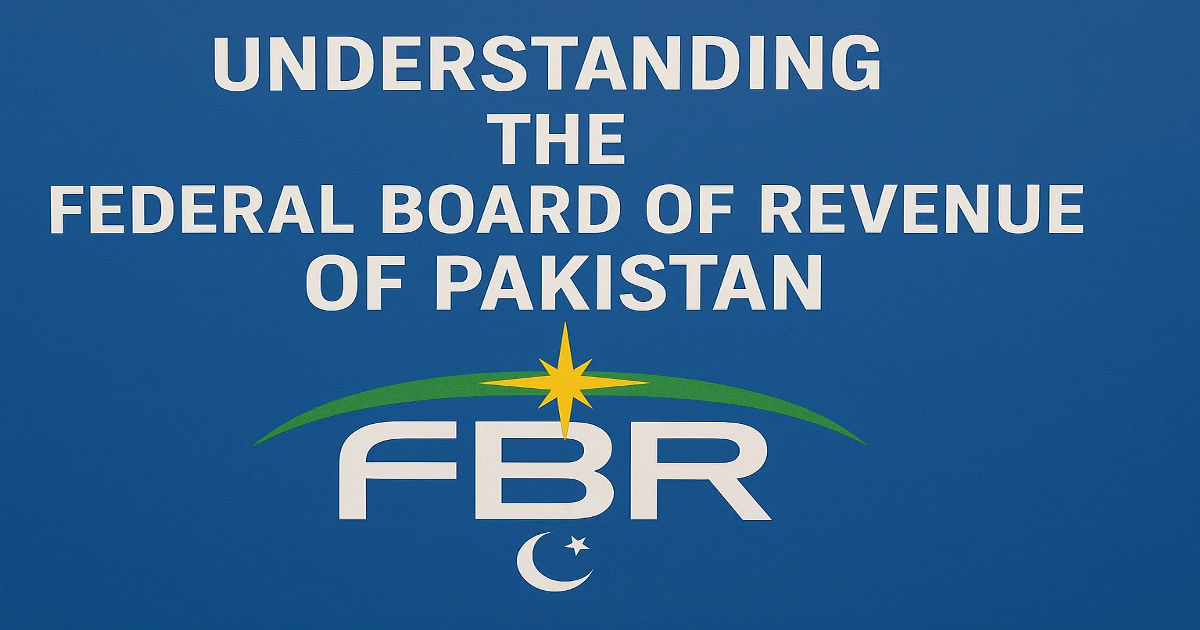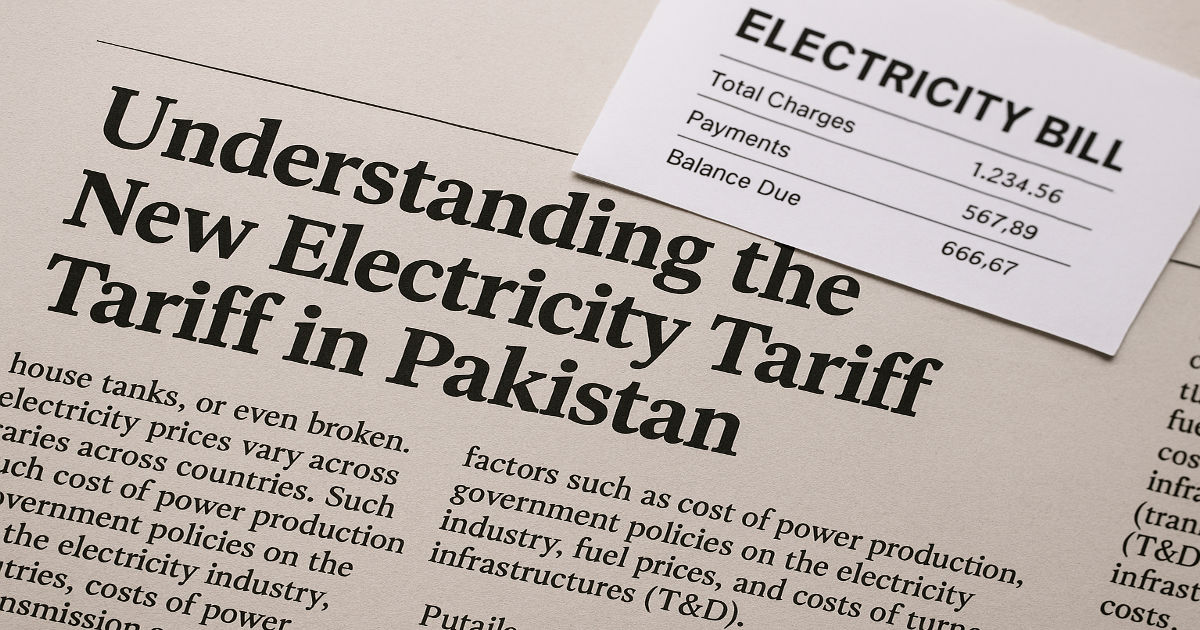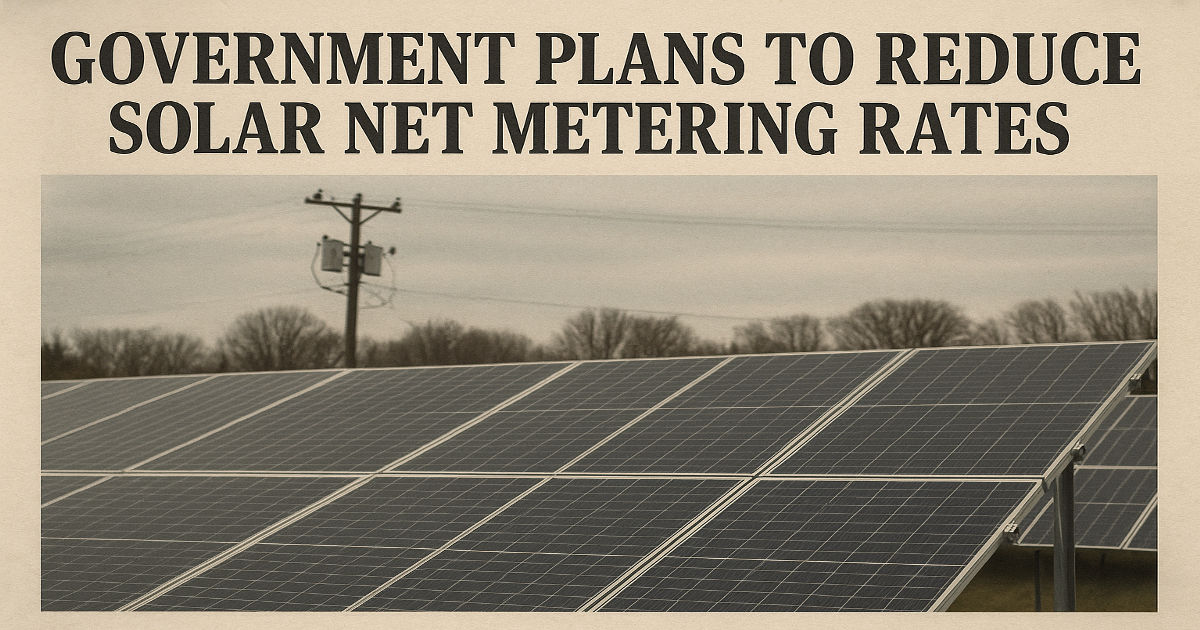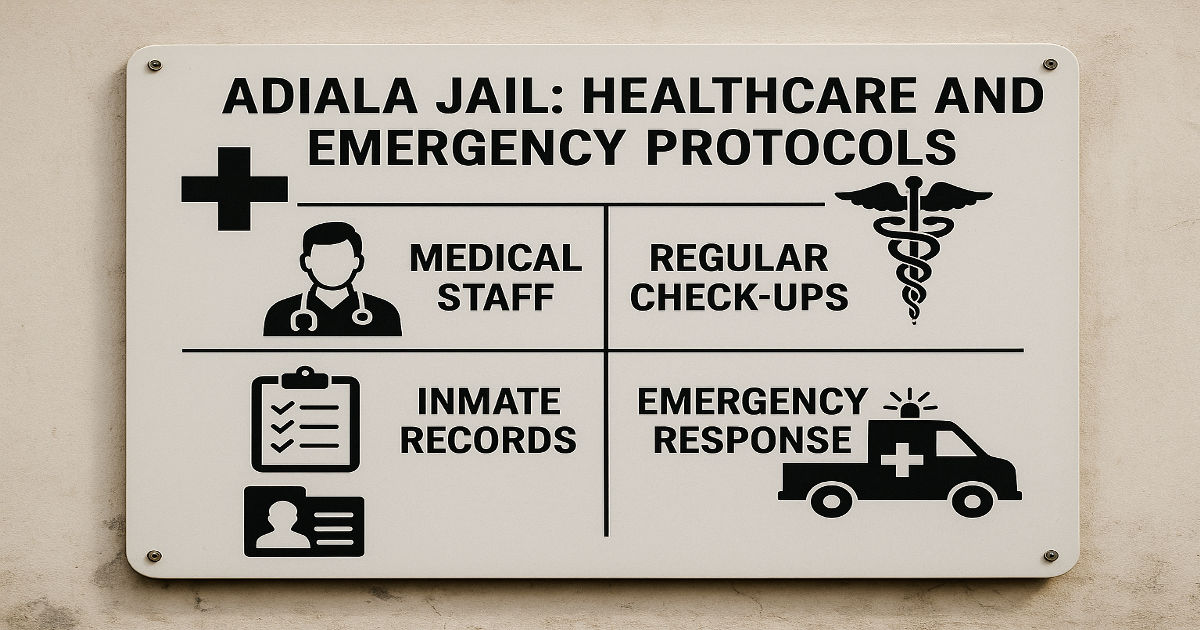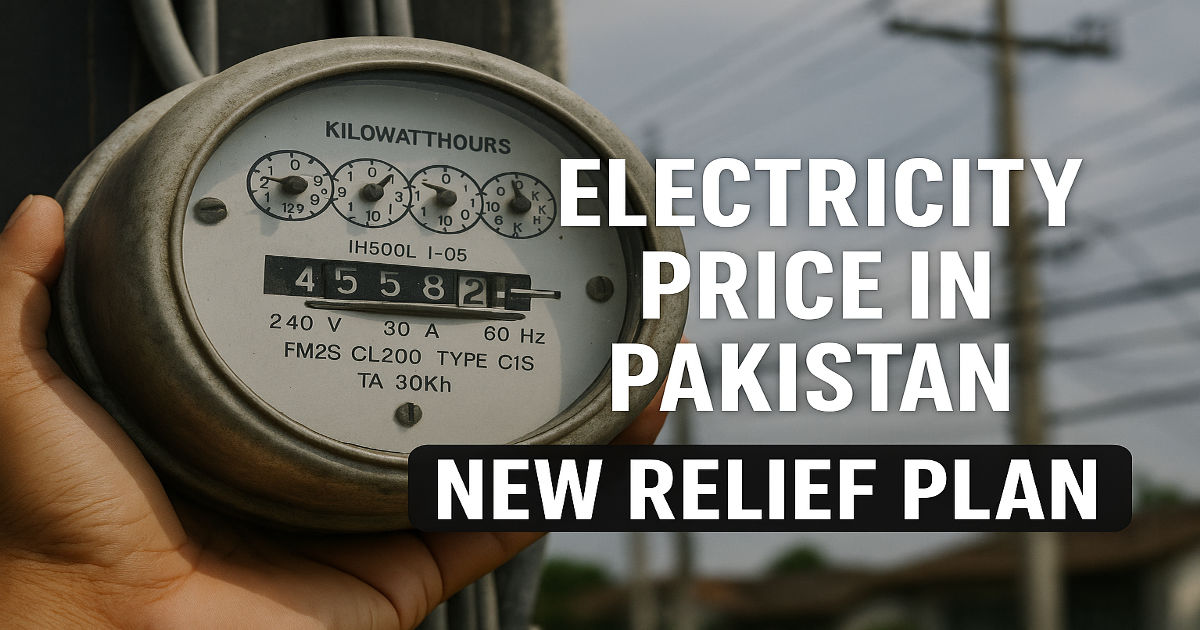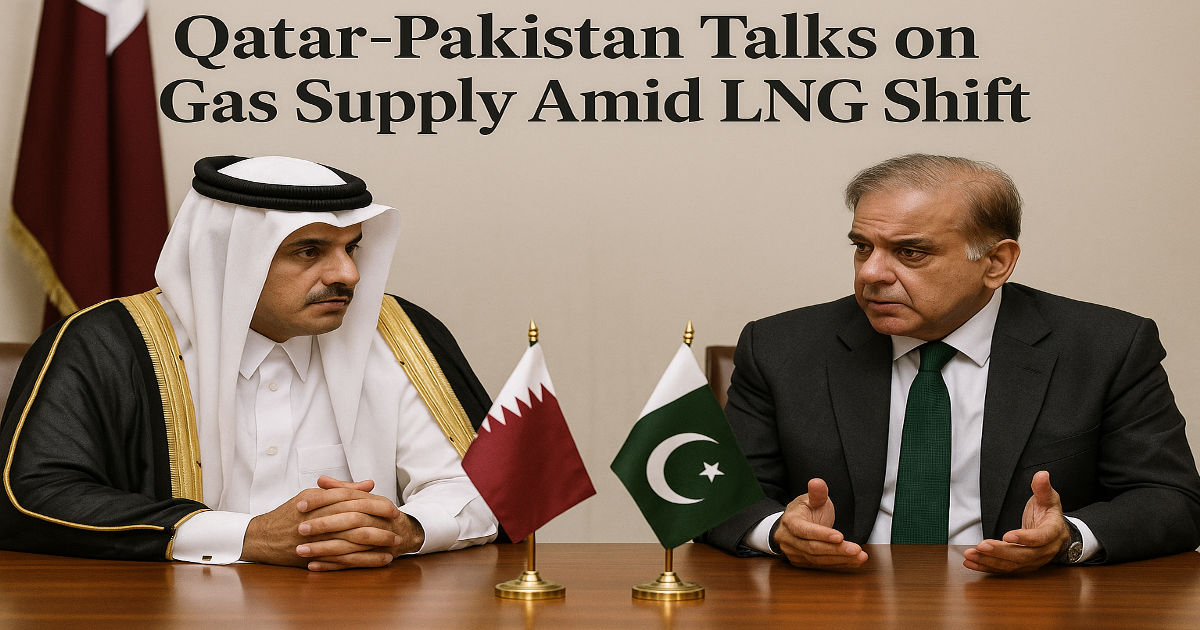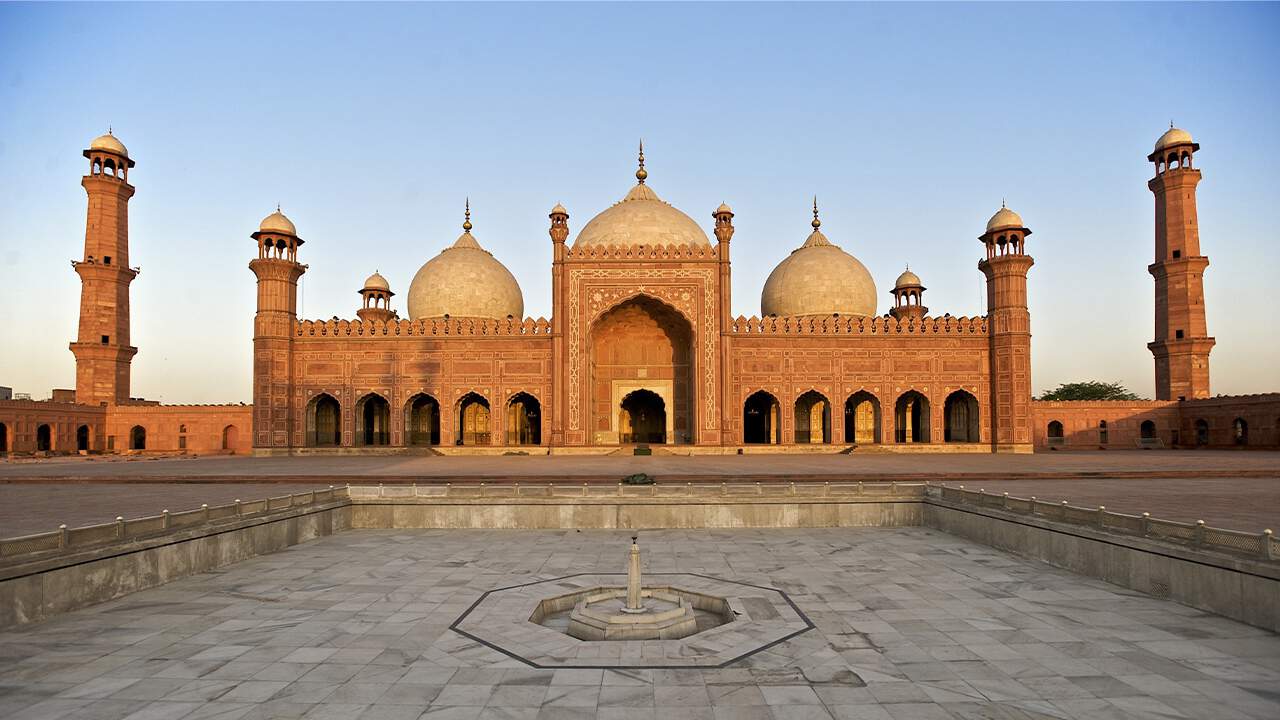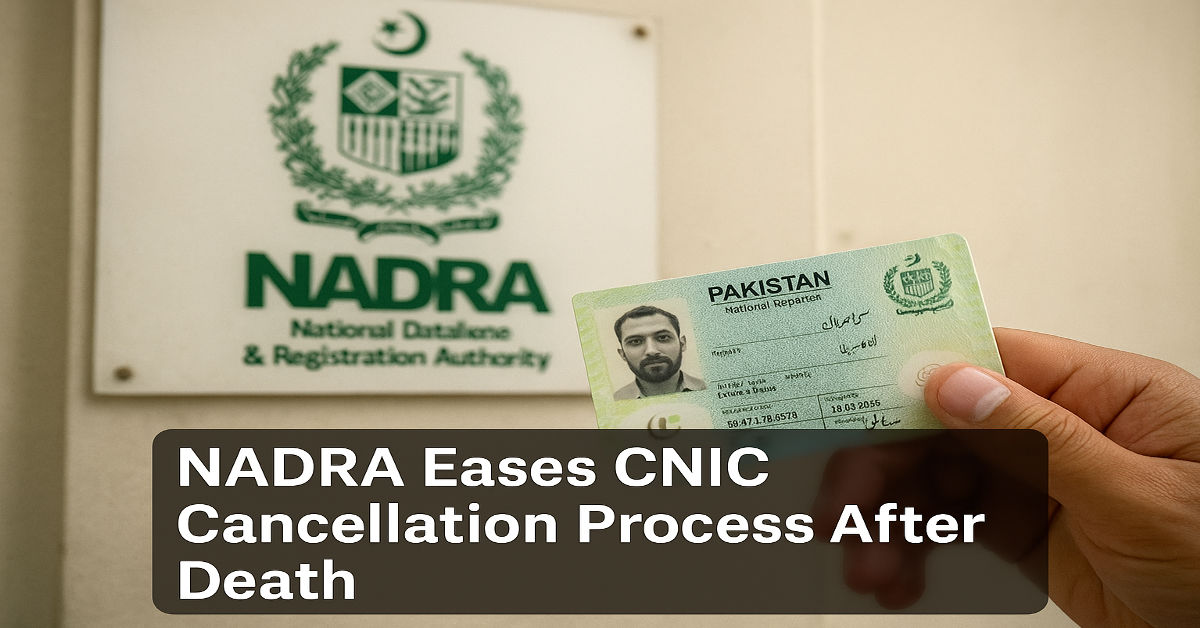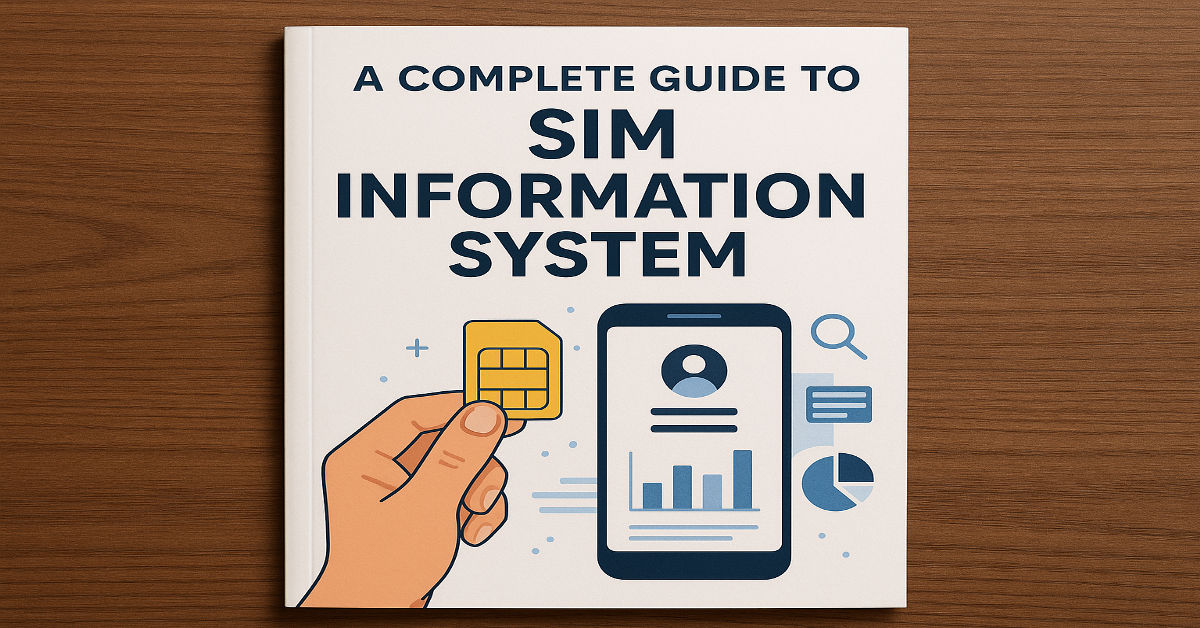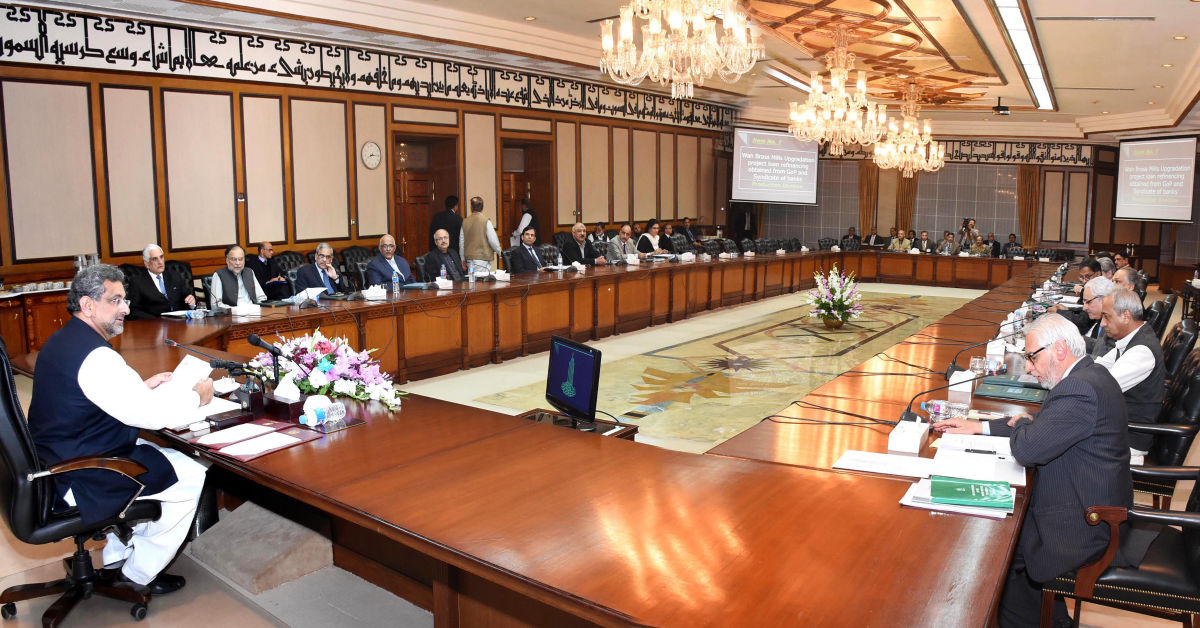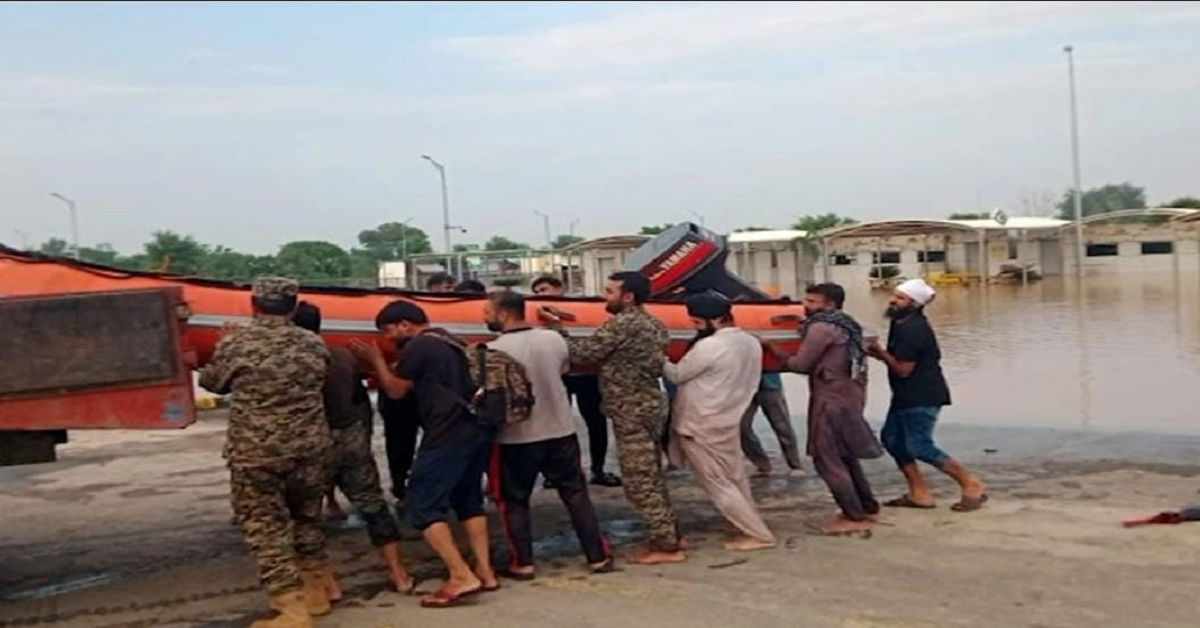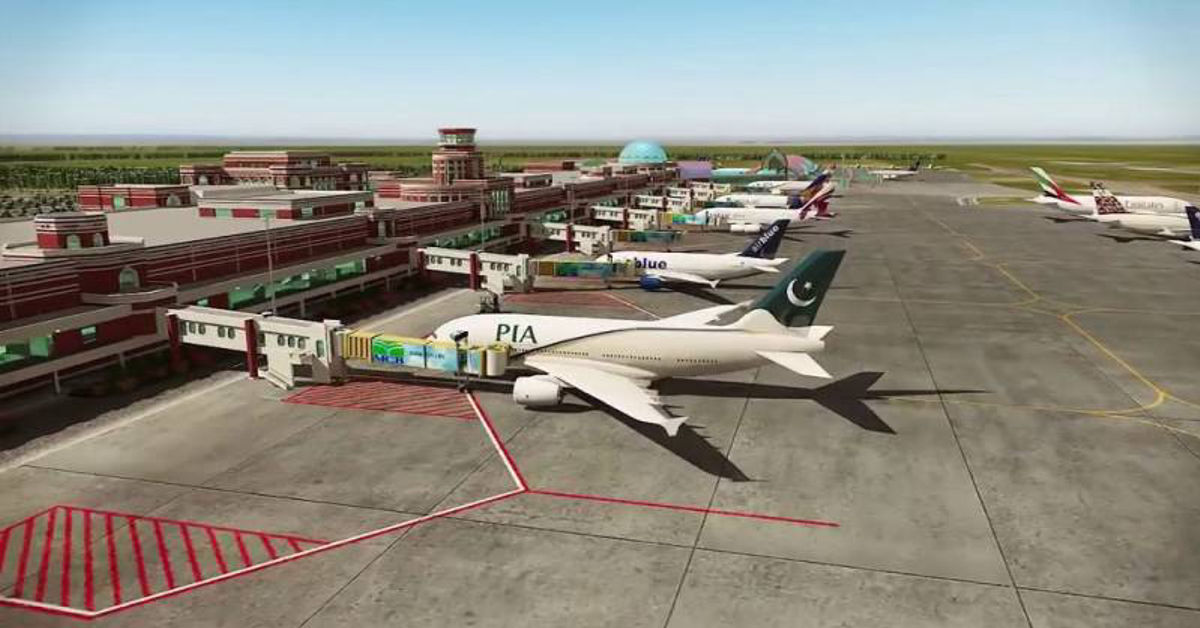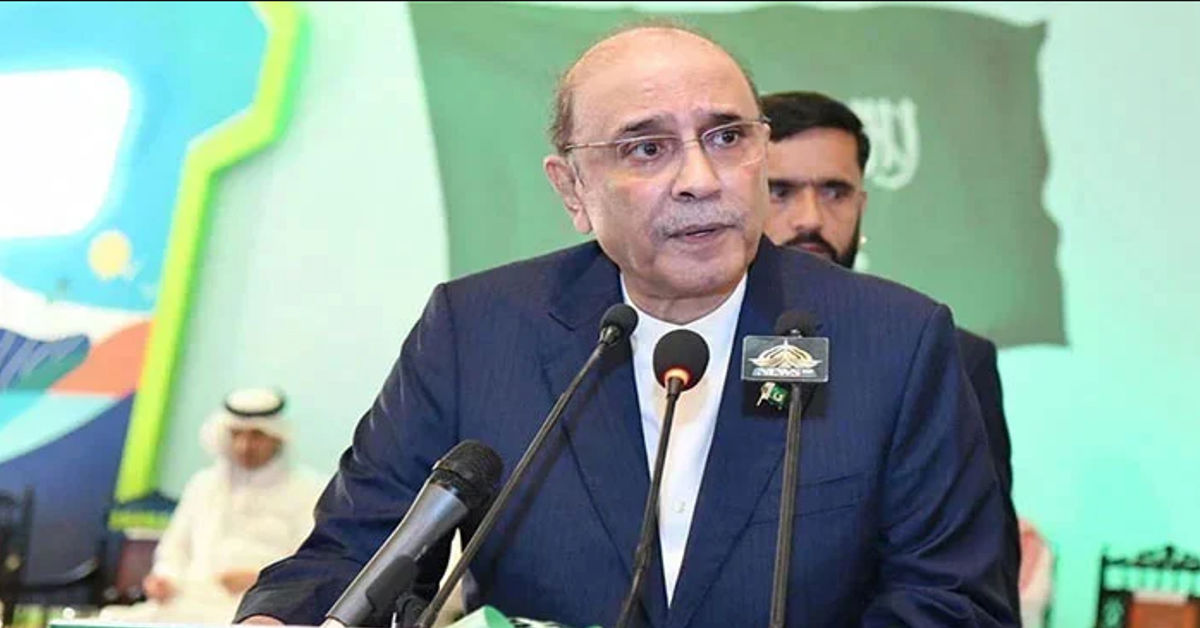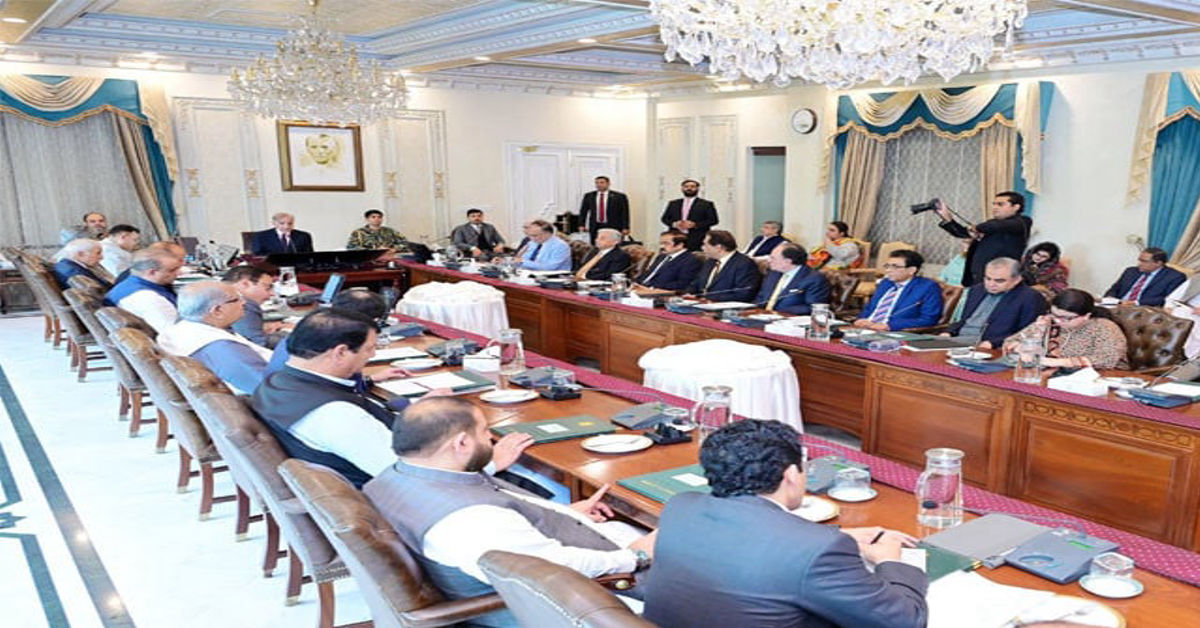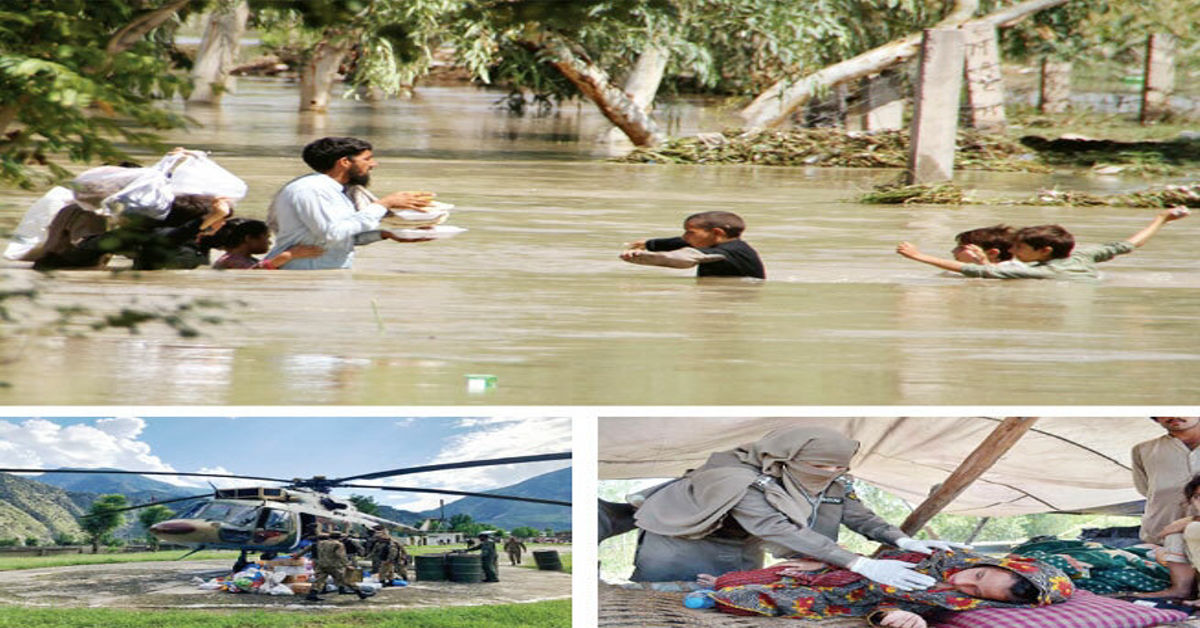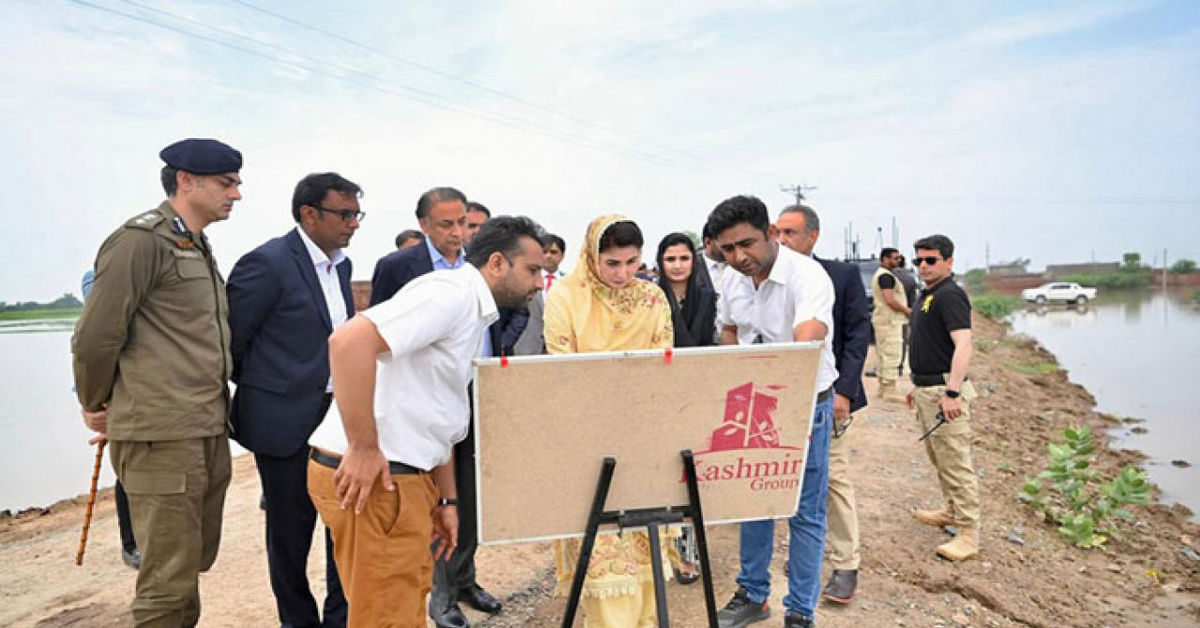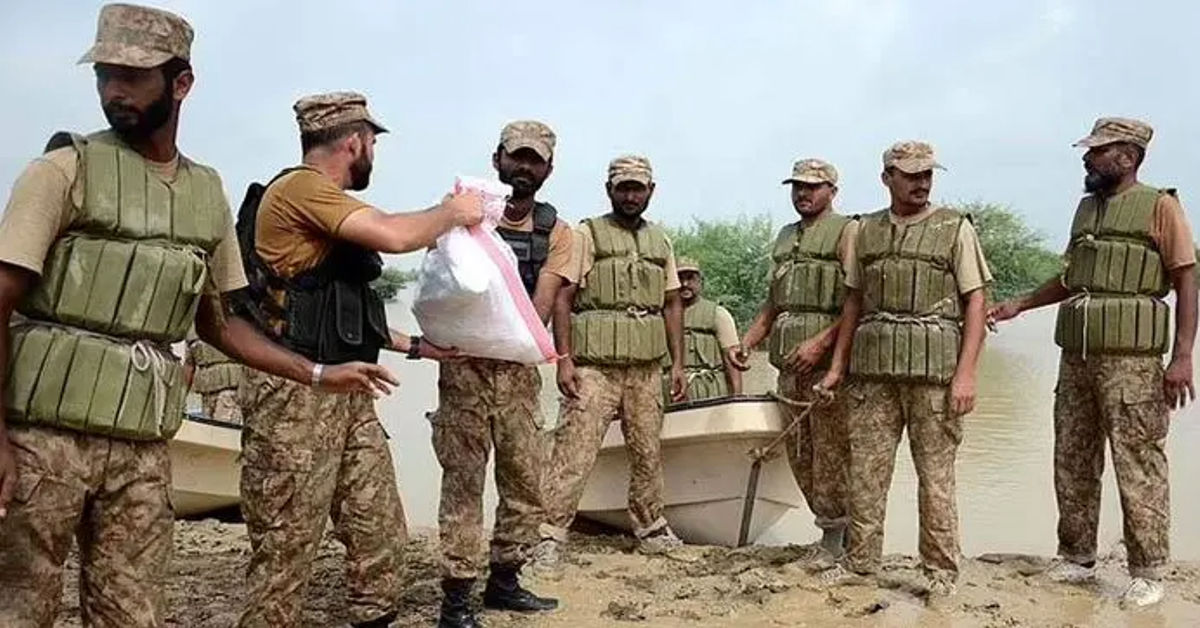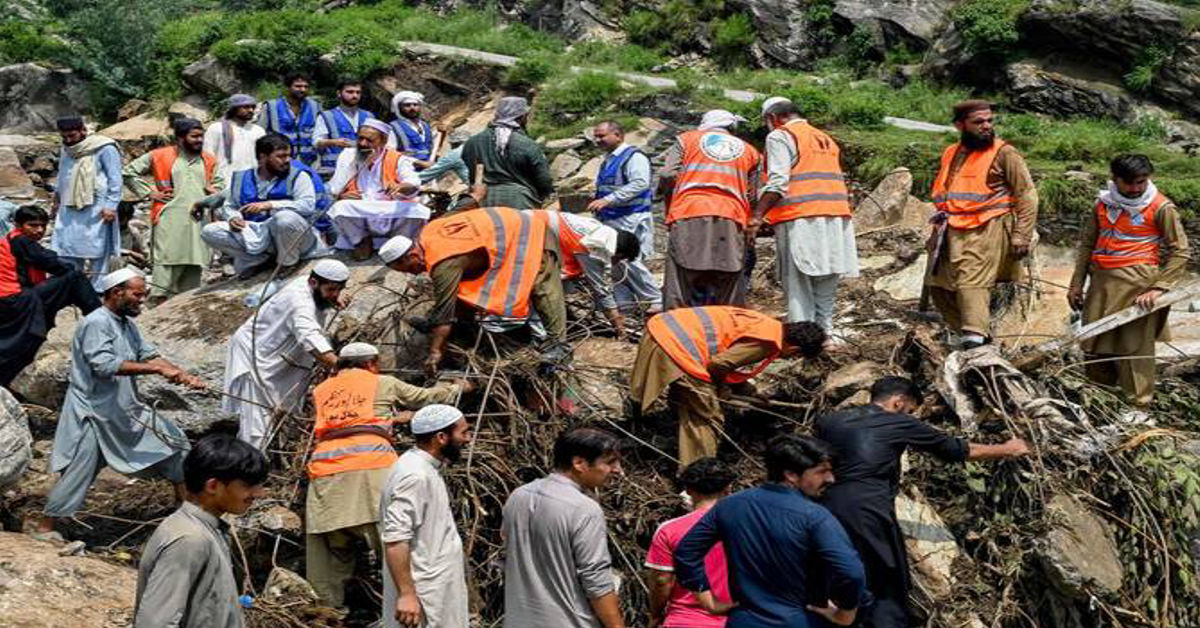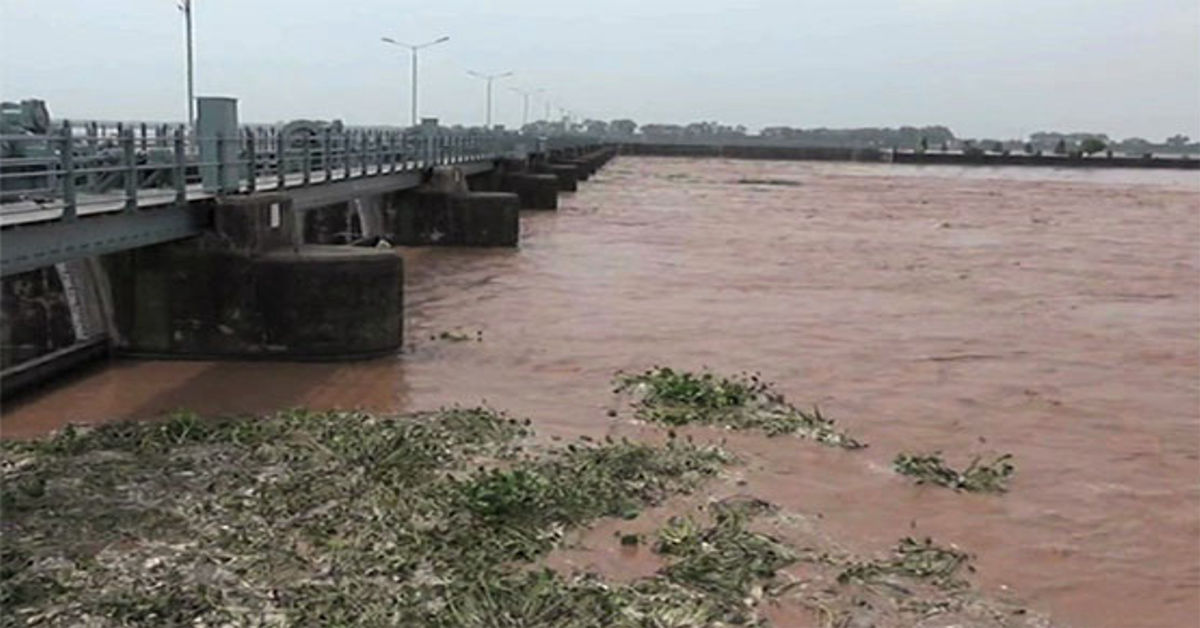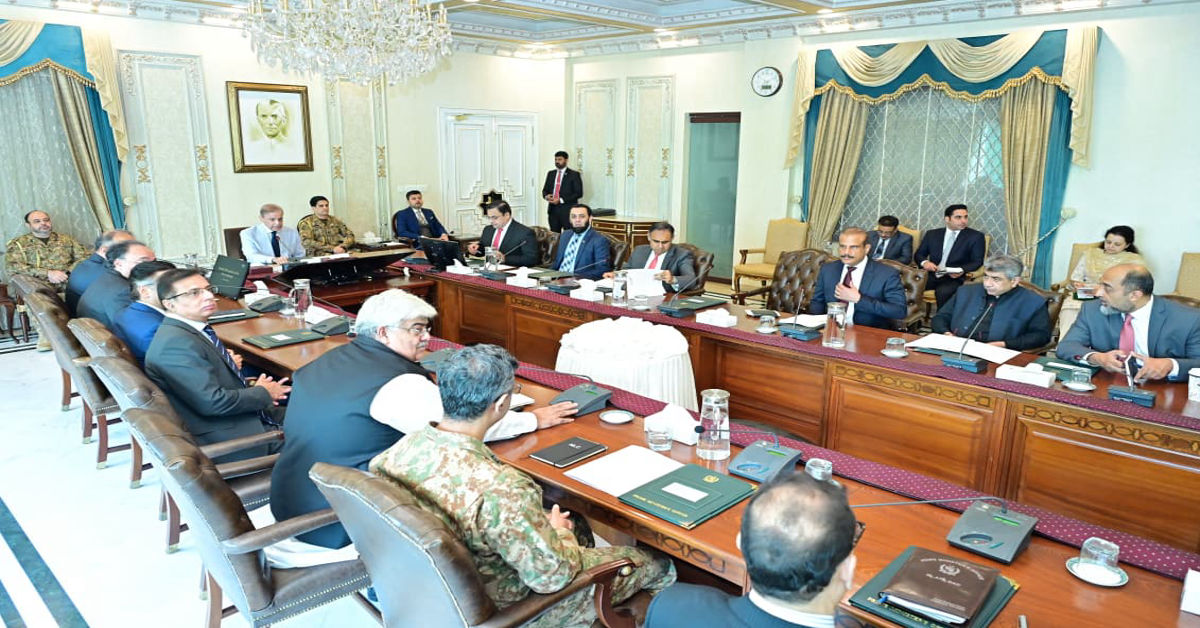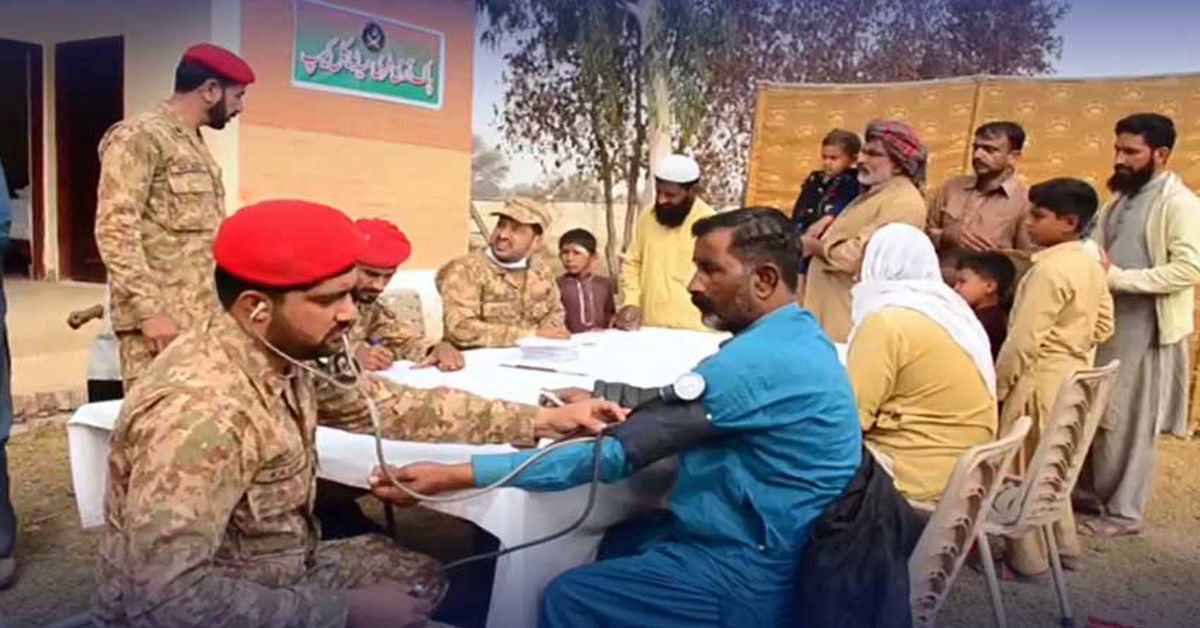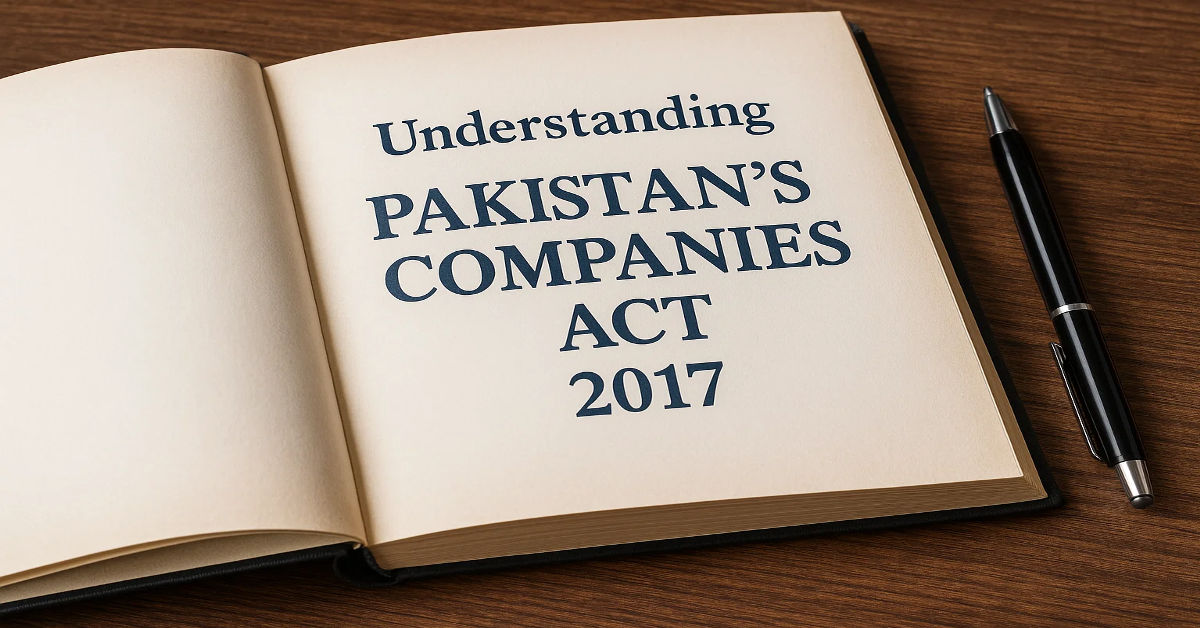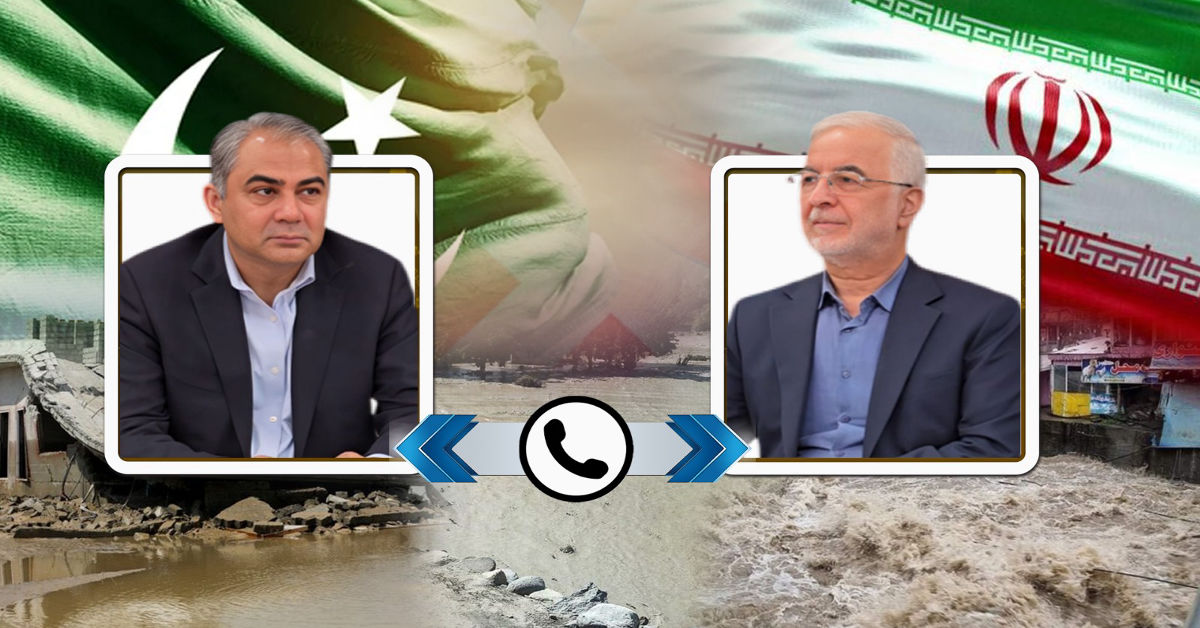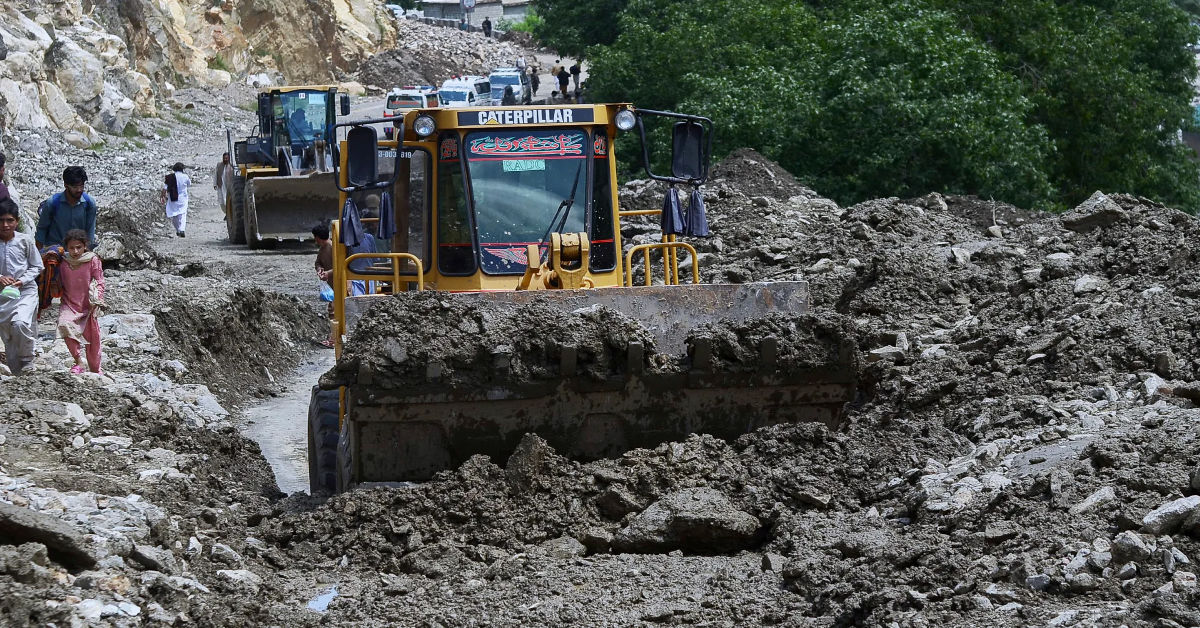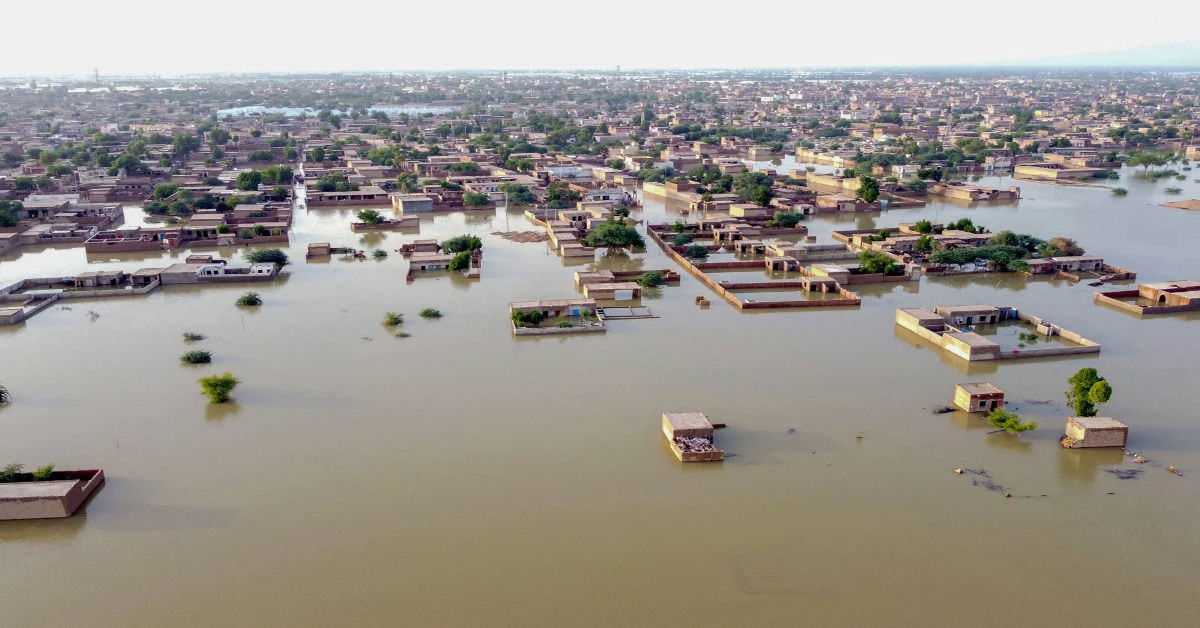
The Federal Budget 2025-26 has launched a wide and radical course towards the economic future of Pakistan. The banking sector of the country guided by the Pakistan Banks Association (PBA) has come out as one of the prime actors in the promotion of national priorities in such a dynamic environment. The sector with its tight cooperation with the Ministry of Finance (MoF). The State Bank of Pakistan (SBP) and other said stakeholders has been at the forefront of undertaking the structural reforms. Assisted by the finance minister and governed by SBP and its head. The finance, the industry is assisting the country to develop a more inclusive and enduring economy.
Landmark Circular Debt Resolution Initiative of PBA
Some of the highlights of the banking industry include the conclusion of a PKR 1.275 trillion Circular Debt Resolution transaction being an unprecedented deal. Maneuvered by the PBA along with the MoF, SBP, and the Central Power Purchasing Agency (CPPA). The deal is one of the biggest and most complex ones in the Pakistani history. The transaction entailed the obstacles of intricate regulative and monetary barriers to develop a prosperous, cashflow-insecure solution. This initiative will balance out the sector of power and slowly decrease the cost of electricity to the consumers as it will be very affordable without straining the house holders or the businesses.
National Subsistence Farmers Support Initiative
The budget presents the National Subsistence Farmers Support Initiative (NSFSI), the first of its kind to empower small scale farmers. Using this program, farmers will receive loans in the digital wallets up to PKR 1 million as digital, cashflow-based loans. These money will be redeemed at the point-of-sale enabled merchants as agricultural inputs. In addition, it encompasses agri-advisory services provided through technology that culminates in enhanced productivity. With the Electronic Warehouse Receipt (eWhR) system in the picture. It is only a matter of time before this program becomes the groundbreaker in the field of rural financing and making sure that the smallholders are not left out of the formal financial system.
A Targeted Financing to Revive the SME Sector
The banking sector has already recorded success stories of impressive performance and has shown renewed commitment toward the small and medium-sized enterprise (SME) segment. To support this initiative, banks have advanced approximately PKR 311 billion to more than 95,000 businesses under the SBP-led SME Risk Coverage Scheme. This implies that there is 36 percent increment in the financing of SMEs, which stands at PKR 641 billion. Consequently, the beneficiary coverage has increased by 51 percent and it would be easier to achieve the lofty Rs. 1.1 trillion credit targets by 2028. This project underlines the banking industry that can reunite the nest potential of the Pakistani entrepreneurial environment.
Insuring More Access to Cheap Housing
In a bid to assist low and middle-income earners to become coverners, the government is launching an affordable scheme on housing with the full backing of the banking community. According to this scheme, 20 years mortgage will be availed at subsidized rate which will be of great benefit in affording home-ownership. The intervention is critical and opportune bearing in mind that the current ratio is 0.3 % of mortgage to GDP in the country of Pakistan. It aims at raising this proportion to 5 percent by 2030. This is because offering long term affordable housing finance would redefine. The real estate and construction industry as well as solve the housing shortage in Pakistan.
Electric Vehicle Financing as means to green Transportation
Green development has become one of the key points of the Pakistan policy vision and the banking industry is doing it their bit to accommodate this change. There has been a new financing initiative launched on electric 2-wheelers and 3-wheelers. PBA and the main financial institutions collaboratively developed the scheme, which will offer subsidized and collateral-light loans to gig workers, women, and small business owners. This plan will not only bring down the carbon emission levels in the country and the pollution rates in the cities. But will also save large sums of money to a common man with regards to the fuel they have to spend on daily basis commutes.
The PM Loan Scheme- Investing in Youth
In realizing the need to infuse energy among the youth in advancing innovation and economic development, the Federal Budget 202526 focuses more on empowering the youth. A concession of lending PP 200 billion has been determined under the Prime Minister Youth Business and Agriculture Loan Scheme to lend under this scheme to the micro, small, and medium enterprises (MSMEs). The scheme specially targets the agriculture sector where it makes provisions of green loans (PKR 2.5 million) to solarize the diesel-powered tube wells. This youth-oriented program seeks to market self-employment, climate resilience and inclusive growth in rural and urban areas of Pakistan.
An Outcomes-Based Financing Model
The banking sector in Pakistan is all geared up to introduce the very first Pakistan Skills Impact Bond (PSIB) in the country in a history-making event with the British Asian Trust (BAT). This new financial tool replaces past input-based funding mechanisms with outcome-based funding mechanisms. The aim is to tie finances to the real-life employment results, which bridged the long-pending gap in the Pakistani vocation and technical education sector. International outcome funders and corporate social responsibility (CSR) investors are expected to flock to the PSIB model. Establishing a new yardstick for transparent, successful, and scalable skills development.
Strategic Vision and PBA in Nation-building
According to Zafar Masud, the Chairman of the PBA, the devolving identity of banking sector had acquired a new meaning. Banks arrived to be not only the financial intermediaries, but strategic operative forces that ensure the national transformation. The industry is already transforming the socio-economic growth of Pakistan in terms of policy advocacy. The collaboration between the state and the private sector, and the innovation process of technology. The banking sector has actively designed and offered impact-based programmes in energy, agriculture, house building. And youth development to support the country’s overall improvement initiatives.
Conclusion
The Federal Budget 2025-26 is the beginning of the new wave in the Pakistani economic development, and the banking industry is the one that is in the epee centre. Whether it is the mitigation of circular debt, empowerment of farmers, the pep of SMEs, green mobility. Financing of skill development among many others, the sector has demonstrated that it can spearhead transformational change. By conforming to the government strategy and the three pillars of innovation, inclusion, and sustainability. The banking industry would not only aide the reform, but it would define the future of Pakistan. Financial services sector, in form of the banking sector. Will continue to be indispensable as the country progresses towards stability and inclusive growth.

